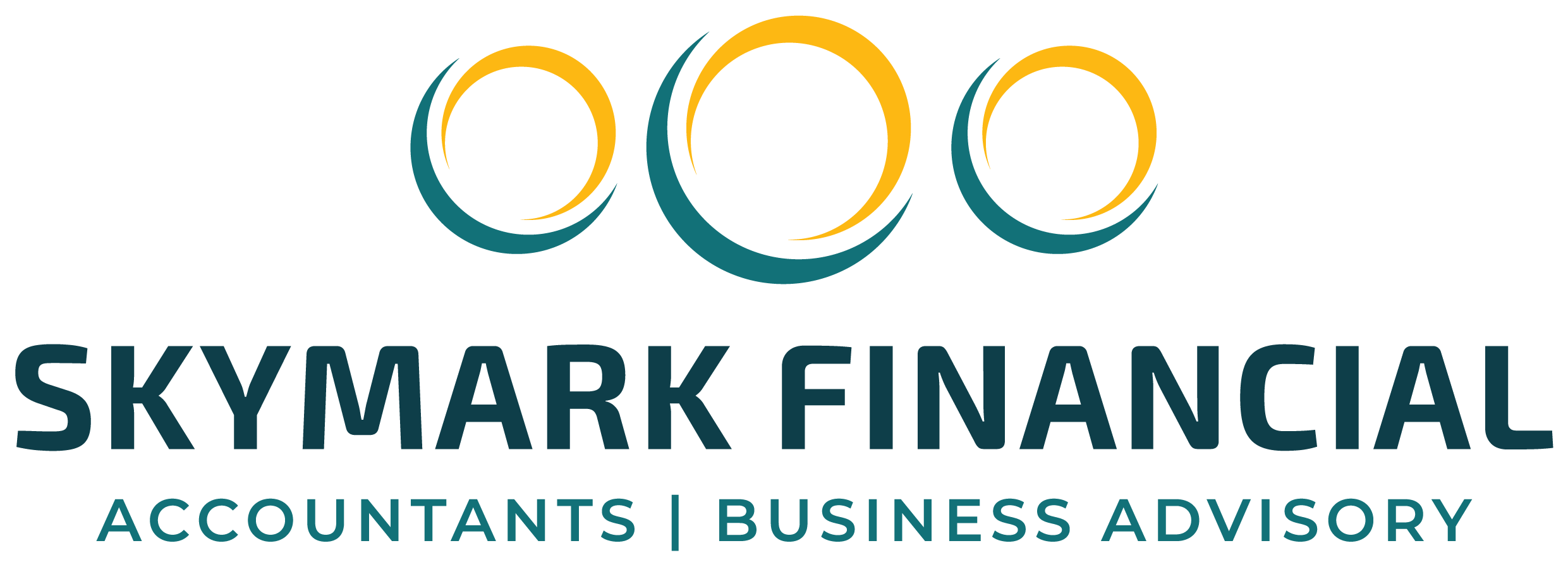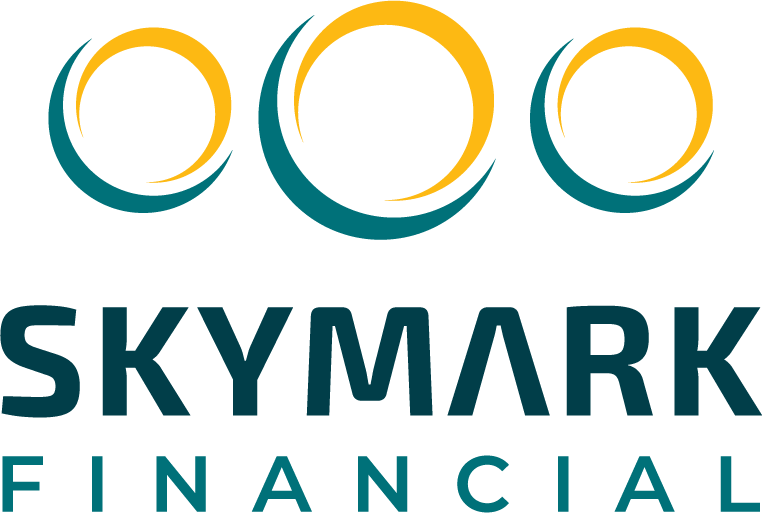
What is a Partnership?
What is a Partnership?
Definition
A legal form of business operation between two or more individuals who share management and profits. In a general partnership, the partners manage the company and assume responsibility for the partnership’s debts and other obligations.
That’s the official definition of a Partnership, but to help put it a bit more in to plain English, a partnership is just like a sole trader except that there is more than one person running the business, there are no rules about how it’s divided. One partner can own 99% of the business.
This does mean that there’s no legal difference between the partners and the business, so if the business is sued, or one partner vanishes with the partnership’s money or other assets, the other partner or partners could lose their personal assets to pay the business’s debts.
Make sure that you draw up a partnership agreement covering important issues like what happens if a partner leaves the business or dies, how much money each partner will put into the business and how much he/she can take out.
Do you need to register as a Partnership?
Simple answer – YES.
You must register your partnership for Self-Assessment with HM Revenue and Customs (HMRC) if you’re the ‘nominated partner’.
This means you’re responsible for sending the partnership tax return.
The other partners need to register separately.
https://www.gov.uk/set-up-business-partnership/register-partnership-with-hmrc
You must register by 5 October in your business’s second tax year, or you could be charged a penalty.
What are your responsibilities as the ‘nominated partner’?
You’ll need to:
-
keep records of your business’s sales and expenses
-
send a Self-Assessment tax return every year
As a Partnership, do we need to be concerned with VAT?
As with any other business structure, you must register for VAT if your turnover is over £85,000.
You can register voluntarily if it suits your business, for example if you sell to other VAT-registered businesses and want to reclaim the VAT.
Do I need to register a business name?
The easy answer is – NO.
You can trade under your own names, or you can choose another name for your business. You do not need to register your name.
You must include all the partners’ names and the business name (if you have one) on official paperwork, for example invoices and letters.
Business names
Business partnership names must not:
-
include ‘limited’, ‘Ltd’, ‘limited liability partnership’, ‘LLP’, ‘public limited company’ or ‘plc’
-
be offensive
-
be the same as an existing trade mark
If you want to apply to register a trade-mark of your own, to stop people from trading under your business name, you can do so at: https://www.gov.uk/how-to-register-a-trade-mark/apply
Your name also cannot contain a ‘sensitive’ word or expression, or suggest a connection with government or local authorities, unless you get permission.
To use ‘Accredited’ in your company’s name, you need permission from who-ever you are claiming to have that accreditation from.
Check which words you need permission to use, and who from.
If in any doubt – “SEEK HELP”
What are the Pros and Cons of being a Partnership?
The Pros of Being a Partnership
-
Being able to share the burden. Partnerships give mutual support, companionship, and someone to share start-up problems with.
-
It can be stressful, lonely and frightening running a business alone. With someone else by your side, you can feel like you are in it together.
-
Having access to more skills, knowledge and experience. Partnerships provide for a wider skill base, complementary experience and know how. For example, one co-founder may have a technical background and the other financial, allowing the parties to complement each other.
-
Very few individuals have all the skills and knowledge needed to run a business successfully. Another person brings another set of skills, knowledge and experience.
-
Better and more effective decision-making can be had. A partner will bring different perspectives on any problems that arise. If often helps being able to see a different point of view.
-
Being able to look at problems from many angles can help to achieve better and often more creative solutions: more people means more perspectives.
The Cons of Being a Partnership
-
Less autonomy; not being able to do your own thing and not always getting your own way.
-
Differences in personal aims and objectives for the firm.
-
Different views on personal rewards versus investment in the business.
-
Business owners have different views about their own future which may not be compatible and co-founders may differ in how they see the future of the firm; some may have ambitions for the business and want to build an empire, some may want a quieter life and prefer to look into an exit strategy.
-
Decision making can be slower as you have to win consensus.
-
Collaboration can mean that there is a loss of spontaneity.
-
There can be distraction and there are costs involved in handling conflict between co-owners.
-
There may be resentment when reward is not seen as fairly matched by effort.
-
A partnership may miss out on some tax advantages that come with being a company.


